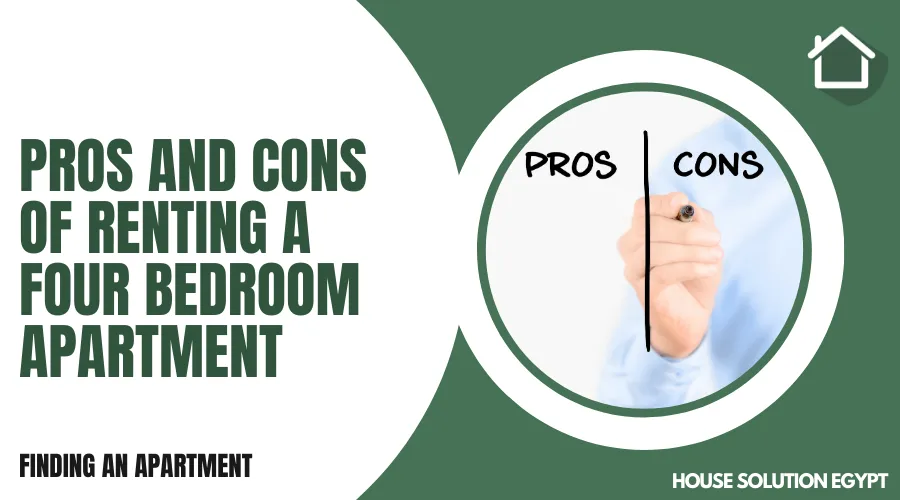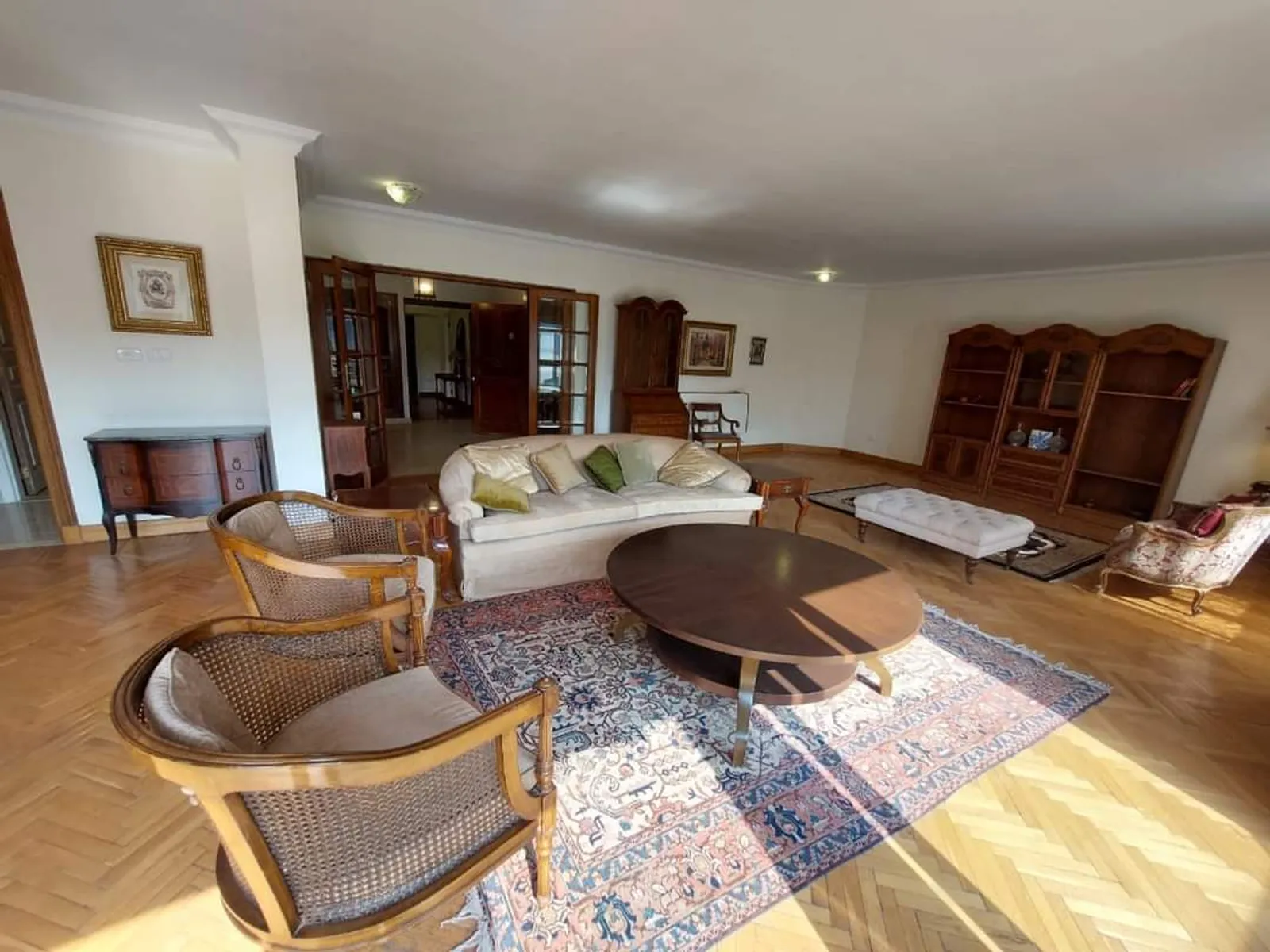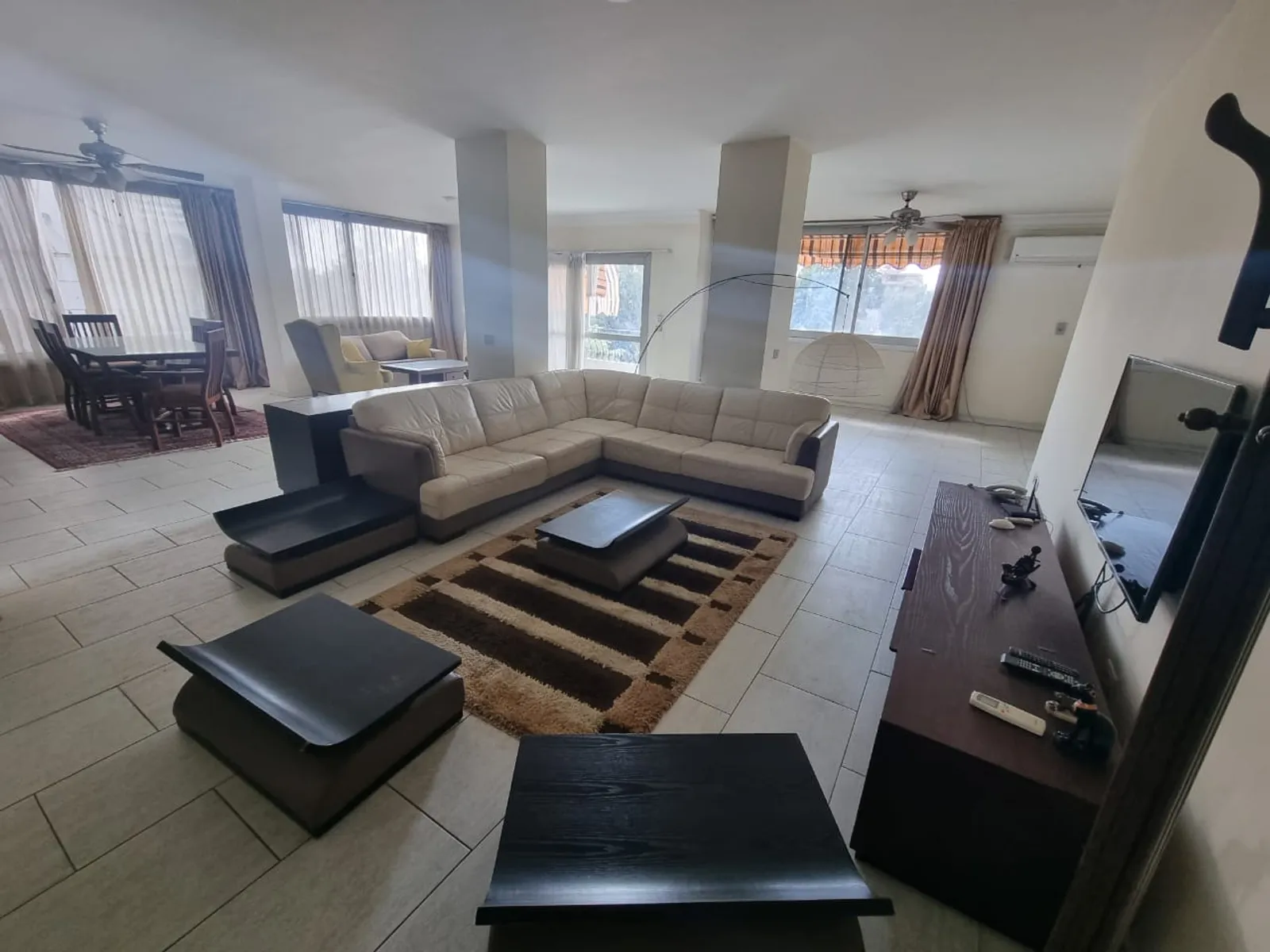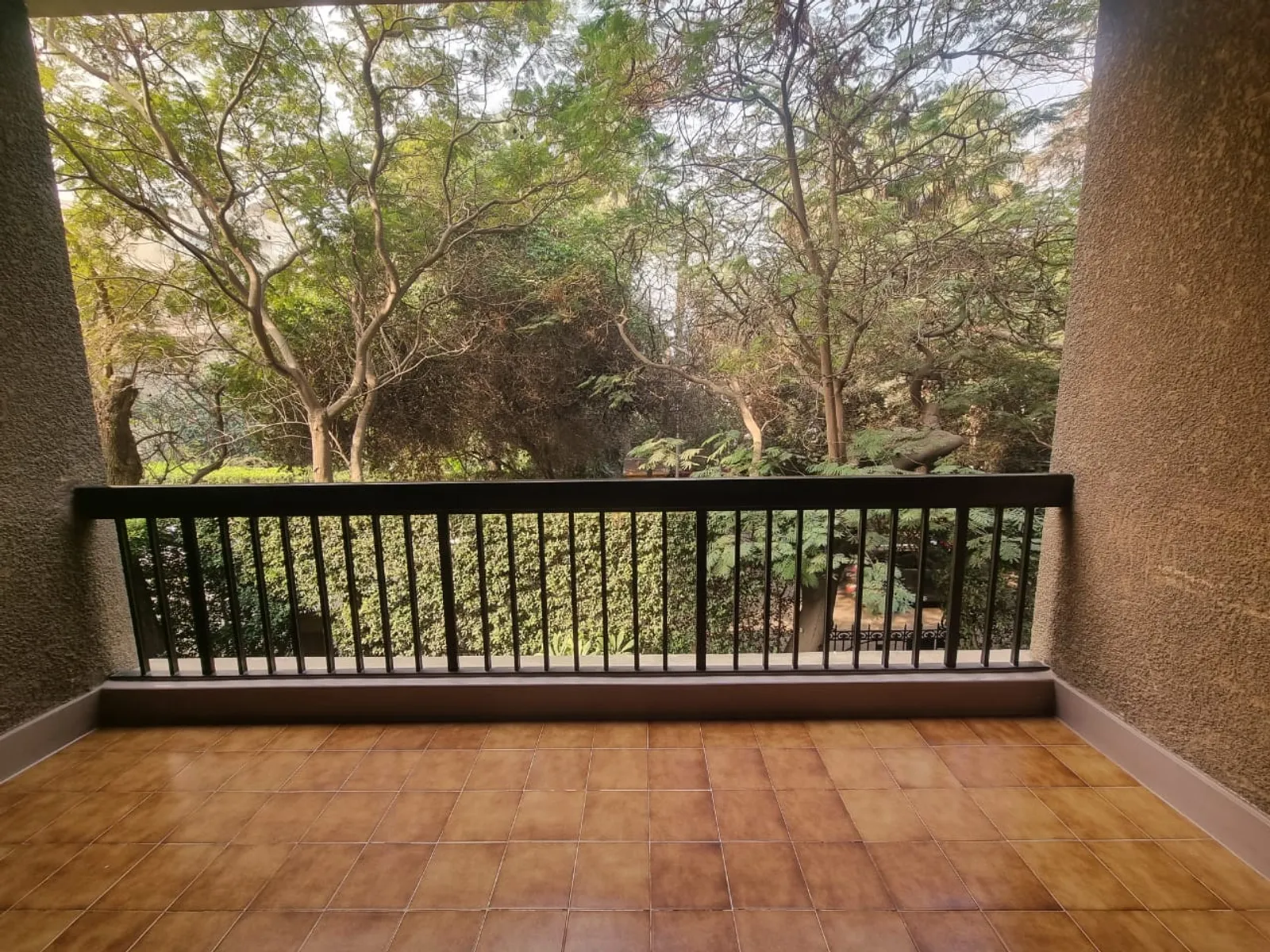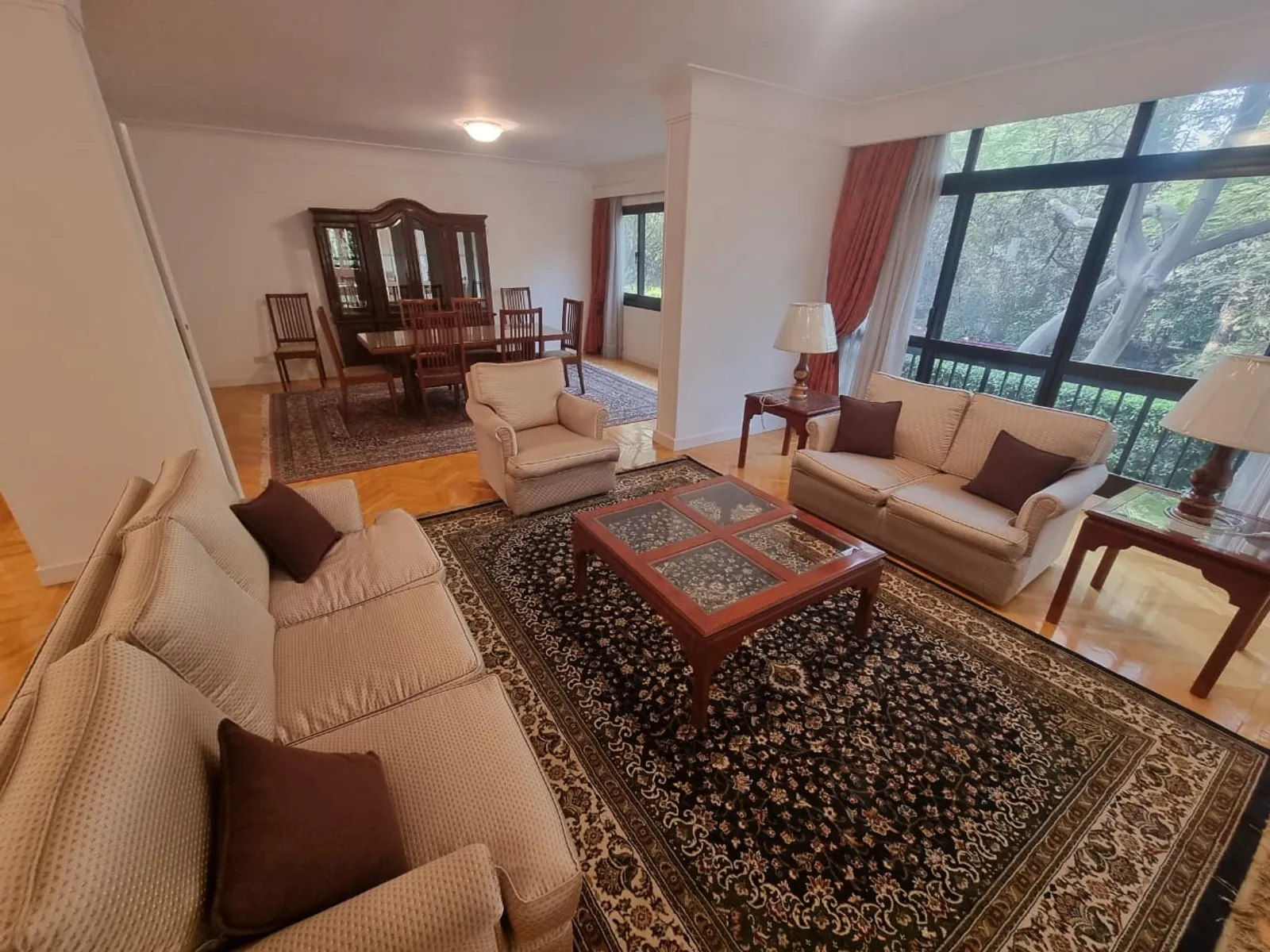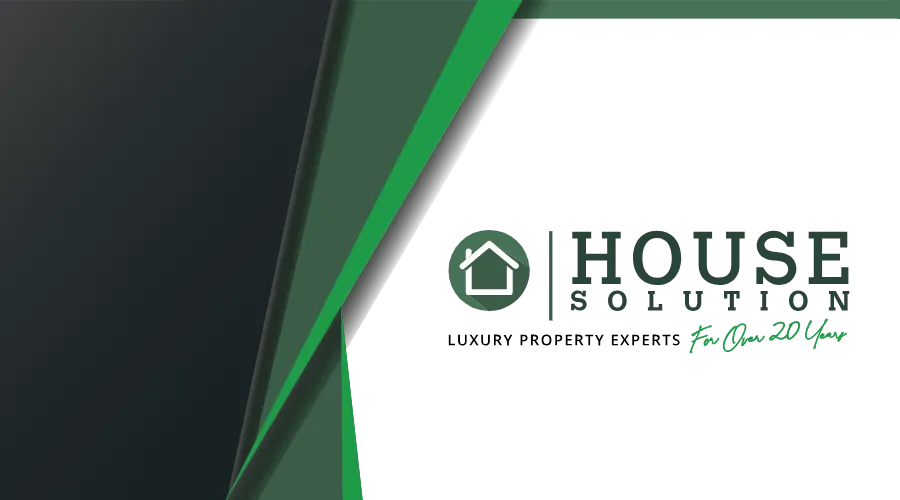FIGURING OUT WHAT "UTILITIES INCLUDED" REALLY MEANS
Finding an Apartment|6.9 MIN READ|Updated on: 11 September 2025|Written by: Marwa Samir
When searching for a new apartment, one of the most common phrases you’ll come across is “utilities included.” While this can be an attractive feature, it’s important to understand exactly what that means before signing a lease. Typically, utilities included referring to basic services such as water, heat, and electricity. However, depending on the landlord or property manager, other services may also be included such as internet or cable.
It’s important to note that just because utilities are listed as included doesn’t necessarily mean they’re free. Some landlords may include a flat rate for utilities in your monthly rent payment while others may require tenants to pay for any usage beyond a certain amount. It’s crucial to ask questions about how utility costs will be handled and what’s considered excessive use so you can budget accordingly. In some cases, landlords may not include all utilities in their list of “included” services.
For example, if you’re renting an apartment with central air conditioning or gas appliances, those costs may not be covered under the umbrella of “utilities included.” Always read your lease agreement carefully and ask any questions necessary before making a final decision on which apartment is right for you.
What is "Utilities Included"? and how to tell if utilities are included in the rent?
When searching for an apartment, you may come across the term "utilities included." This phrase generally means that the cost of certain services such as water, gas, and electricity are covered by the landlord or property management company. However, it's important to note that what is considered a utility can vary depending on location and building type.
In some cases, cable and internet might also be included in addition to basic utilities. It's important to read your lease agreement carefully and ask your landlord about what specific services are included to avoid any misunderstandings or surprise bills down the line. Keep in mind that even if utilities are included in your rent, there may still be limits on usage or additional fees for excessive use.
Overall, understanding what "utilities included" means can help you budget more effectively when looking for a new apartment. Just make sure to clarify with your landlord exactly which services are covered before signing on the dotted line.
Renters Perspective
For renters, one of the most confusing aspects of apartment hunting is deciphering what "utilities included" really means. While it may seem straightforward, many landlords and property managers have different definitions of what utilities are covered in the rent. Some may only include basic utilities like water and trash, while others might also cover electricity or gas.
It's important for renters to not assume that everything will be included in their rent and to ask for clarification from their landlord or property manager. They should also inquire about any extra fees or charges they might be responsible for, such as internet or cable services. Additionally, renters should keep in mind that even if a utility is included in their rent, there may still be limits on usage or potential overage charges.
Overall, understanding what "utilities included" truly entails can save renters from unexpected bills and ensure they are getting the best value for their money when choosing an apartment.
Landlord Perspective
As a landlord, the term "utilities included" can be a bit ambiguous. It's important for us to clarify exactly what's covered and what isn't so that there are no misunderstandings down the line. Generally speaking, utilities typically include electricity, gas, water, and sewage. However, some landlords may also include internet or cable TV as part of their package.
When advertising our rental properties with "utilities included," it's crucial that we clearly outline which specific utilities are covered in order to avoid potential disputes with tenants regarding bills they thought were included. Additionally, it's important that we provide a fair allocation of utility costs – if we're charging too much for rent including utilities then tenants may feel ripped off.
To ensure that both parties are on the same page when it comes to "utilities included," landlords should consider drafting up an agreement outlining all details before signing any lease agreements or renting out the property. This way everyone is aware of what is being offered and expectations can be managed accordingly.
Types of Utilities
There are different types of utilities that can be included in a rental property. The most common utilities included in rental properties are electricity, gas, water, and trash removal. Electricity is used for lighting, heating, and cooling the house while gas is used for cooking and heating purposes. Water is essential for daily activities such as bathing while trash removal ensures cleanliness.
Cable TV and internet services may also be considered utilities depending on the landlord's agreement with the tenant. These two services have become necessary in today's digital age where people rely heavily on them for communication, entertainment, and work purposes.
It is important to note that when landlords offer "utilities included" in their rental properties, these may not cover all utility expenses incurred by the tenant during their stay. Some landlords only cover basic utility expenses up to a certain amount or cap, beyond which tenants will have to pay from their own pockets. It's crucial to check with your landlord beforehand what exactly they mean by "utilities included" so you won't end up with unexpected expenses later on.
Additional Fees to Look Out For
When looking for a new apartment, it's important to pay close attention to the fine print. One aspect that can be easily overlooked is what "utilities included" really means. While some landlords may include all utilities in the monthly rent, others may only cover specific ones like water or gas. This can lead to unexpected expenses down the line if tenants are not aware of what they are responsible for.
In addition to utilities, there may be other fees and charges that renters should be on the lookout for. For example, some landlords may charge an additional fee for parking spaces or garage access. Others may require renters to pay a non-refundable application fee before even being considered for an apartment. It's important to read through lease agreements carefully and ask questions about any fees that are unclear.
Overall, being aware of potential additional fees when searching for an apartment can save renters from financial surprises in the future. Taking the time to fully understand lease agreements and asking questions can help ensure a smooth renting experience with no unexpected costs.
Tips for Negotiating Utility Fees
Before negotiating utility fees, it is important to understand what is meant by "utilities included." Some landlords may include only the basic utilities like water and sewage in the rent while others may include all utilities including gas, electricity, and internet. It is important to clarify this before you start negotiating.
Once you have a clear understanding of the included utilities, it's time to review your usage. Take a look at your bills from previous months to see how much you're spending on each utility. This will give you an idea of where you can negotiate and how much money you can potentially save.
When it comes time to negotiate, be prepared with information about your usage and any potential alternatives or competitors in the area. You may also want to suggest a fixed rate for certain utilities rather than paying variable rates depending on usage. Overall, being informed and having a clear understanding of both your needs and what's being offered will help ensure the successful negotiation of utility fees.
Conclusion: Making an Informed Decision
In conclusion, making an informed decision when it comes to understanding what "utilities included" really means is critical. It's essential to ask questions and understand the specifics of what utilities are covered in the rent price. This will help avoid any misunderstandings or surprises down the road.
Additionally, it's important not to assume that all properties have the same utilities included in their rental price. Every rental agreement can differ depending on the landlord or property management company. Therefore, doing research beforehand and asking specific questions during a property viewing can save time and money in the long run.
Overall, with proper communication and research, renters can make an informed decision when figuring out what "utilities included" really means. This will ensure that they have a clear understanding of their financial responsibilities and can prevent unexpected expenses from arising later on.
